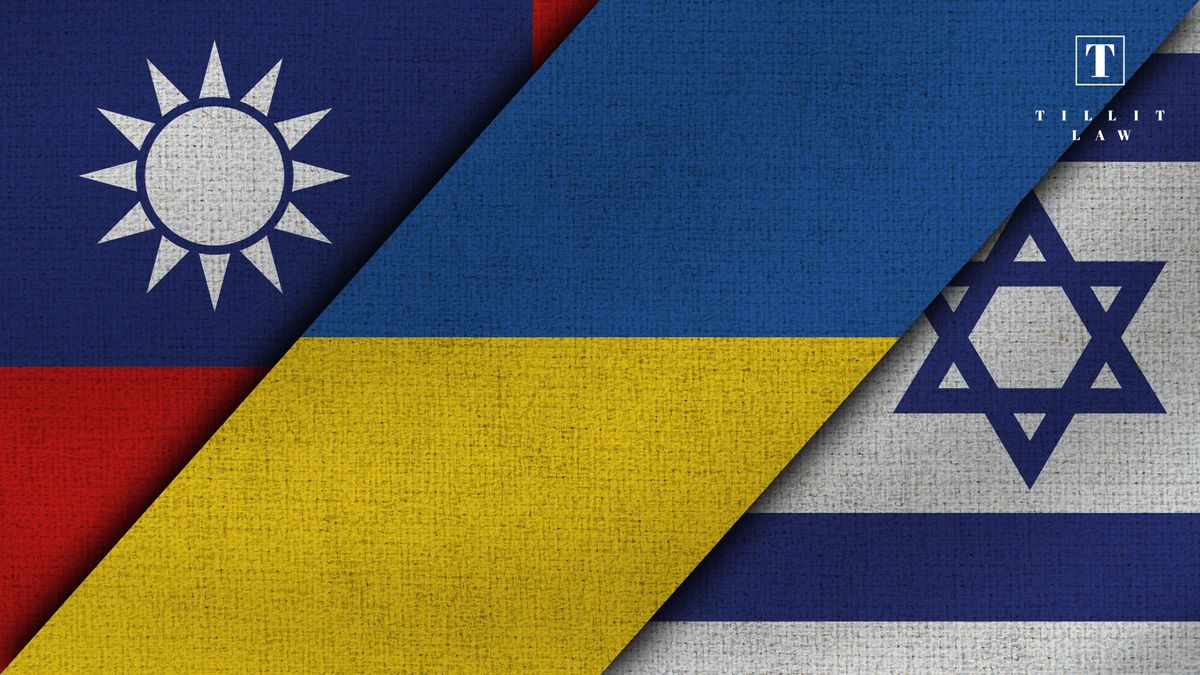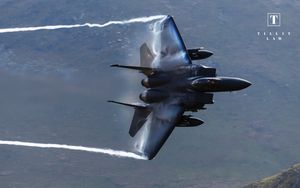The Federal Acquisition Regulation (FAR) provides seven exceptions to the Competition in Contracting Act’s (CICA) general requirement for agencies to provide full and open competition. The public interest exception authorizes procuring agencies to forego full and open competition when the head of the agency determines that it is in the public interest to do so and when no other exceptions to full and open competition are applicable. The agency head’s authority to invoke this exception is non-delegable, and procuring agencies must adhere to specific documentation and notification requirements to properly invoke the public interest exception. One such requirement involves the preparation of a written determination and findings (D&F) document by the head of the agency. Following FAR 1.704, this D&F document must provide sufficient facts, circumstances, or reasoning to support the determination and clearly and convincingly justify the agency’s reliance on the public interest exception. Additionally, to use this authority, the FAR requires that the procuring agency notify Congress of the public interest determination no less than 30 days before the contract is awarded.
In addition to providing procedural information in the prescribed agency format, the FAR requires the D&F document to include information regarding the nature and description of the approved action. The D&F must also identify the appropriate statute or regulation on which it is based. Thus, the determination must reasonably rely on the findings and justify the proposed action under the applicable statute or regulation. When reviewing the procuring agency’s D&F document in the context of a bid protest, a protest adjudicative forum, such as the Government Accountability Office (GAO), addresses whether the D&F provides, on its face, a clear and convincing justification that foregoing full and open competition furthers the public interest identified. To withstand scrutiny under a bid protest, the D&F must include facts relevant to the stated public interest and should not rely upon materially inaccurate information. However, once the D&F provides a clear and convincing justification that limiting full and open competition is in the public interest, the GAO will not sustain a protest based on the protester’s disagreements with the conclusions provided in the D&F.
In light of the international conflicts and events taking place with respect to Ukraine, Taiwan, and Israel, Congress has temporarily relaxed the requirements for defense agencies to invoke the public interest exception to CICA’s full and open competition mandate for certain covered contracts. Specifically, the National Defense Authorization Act (NDAA) for fiscal years (FYs) 2023 and 2024 temporarily amended the Department of Defense’s (DOD) use of the public interest exception for covered contracts until September 2028. The NDAA for FY 2023 and 2024 established that these contracts may now be presumed to be in the public interest, significantly reducing agencies’ administrative burden in issuing contracts under this authority. Covered contracts include contracts (1) to build or replenish the stocks of critical munitions and other defense articles of the DOD; (2) to provide materiel and related services to foreign allies and partners that have provided support to Ukraine, Taiwan, or Israel; or (3) to provide materiel and related services to Ukraine, Taiwan, or Israel.
The NDAA for FY 2024 also relaxed the limitation on delegation of authority requirements that are ordinarily applicable when invoking the public interest exception. Under the relaxed requirements, the Secretary of Defense can now delegate his authority to prepare a written D&F document to invoke the public interest exception to an officer at or above the brigadier general grade or a civilian officer with a comparable or higher grade under the General Schedule. The requirement to provide Congress with notice of the determination 30 days before the contract award is also shortened to 7 days. Finally, in January 2024, the DOD issued a class deviation to the FAR to implement the temporarily relaxed requirements to invoke the public interest exception. The deviation explained that the FAR requirement permitting the use of public interest exception only when no other exceptions to full and open competition apply is not applicable to awards made under this temporary authority for covered contracts related to Ukraine, Taiwan, and Israel.
Since the relaxation of requirements to invoke the public interest exception for covered DOD contracts under NDAAs for FY 2023 and 2024, the GAO has resolved at least three bid protests challenging the DOD’s use of the relaxed public interest exception authority. In B-422905, issued on December 13, 2024, the GAO entertained a challenge to the Army’s sole-source award of a 5-year indefinite-delivery, indefinite-quantity (IDIQ) contract for loitering munitions with a ceiling value of $990 million. The GAO found the Army’s actions in awarding the sole-source contract consistent with FY 2023 and 2024 NDAA and their implementing regulations. The GAO also determined that the D&F prepared by the Army was sufficient under the circumstances and demonstrated the propriety of the Army’s utilization of the temporarily amended public interest exception.
In B-423175 and B-423175.2, the GAO resolved bid protests challenging the Army’s sole-source award for designing, constructing, and commissioning a domestic trinitrotoluene (TNT) facility with a contract value of $435 million. In these protests, the GAO similarly found the Army’s use of the temporarily amended public interest exception authority proper. In B-423175, issued on February 24, 2025, the protestor alleged that the Army’s D&F document relied upon materially inaccurate information but failed to support its allegation, which led to the denial of the protest. Meanwhile, in B-423175.2, issued on February 25, 2025, the protester did not challenge the underlying facts relied upon by the Army to justify the public interest exception. Additionally, the protester failed to provide a basis for the GAO to conclude that the D&F relied on materially inaccurate information. Thus, the GAO dismissed the relevant protest ground for failure to state a valid basis for protest.
Federal agencies must provide full and open competition in acquiring products and services. The public interest exception is one of seven exceptions to that general CICA mandate. It permits the use of competitive procedures other than full and open competition when none of the other exceptions are applicable and the head of the agency determines that it is necessary to forego full and open competition in the public interest. When invoking the exception, the agency head is typically required to prepare a D&F document consistent with the requirements of FAR 1.704 to demonstrate that it is in the public interest to limit sources. However, NDAAs for FY 2023 and 2024 provide temporary acquisition flexibilities with a new statutory presumption that it is in the public interest to forego full and open competition for covered DOD contracts related to the international conflicts and events taking place with respect to Ukraine, Taiwan, and Israel. This presumption dramatically reduces the administrative burden on the agencies’ use of the public interest exception for covered contracts.
The FY 2024 NDAA also relaxes the limitation on delegation of authority requirement and shortens the congressional notice requirement from 30 days to 7 days. For covered contracts, the class deviation to the implementing regulations in the FAR waives the requirement that the public interest exception only be used when none of the other exceptions to full and open competition apply. These temporary acquisition flexibilities for covered defense contracts related to international conflicts and events in Ukraine, Taiwan, and Israel are in place until September 2028. It will be interesting to follow the DOD’s use of the amended public interest exception in this context, especially considering the current administration’s emphasis on finding acquisition flexibilities and streamlining defense procurement.
This Federal Procurement Insight is provided as a general summary of the applicable law in the practice area and does not constitute legal advice. Contractors wishing to learn more are encouraged to consult the TILLIT LAW PLLC Client Portal or Contact Us to determine how the law would apply in a specific situation.





